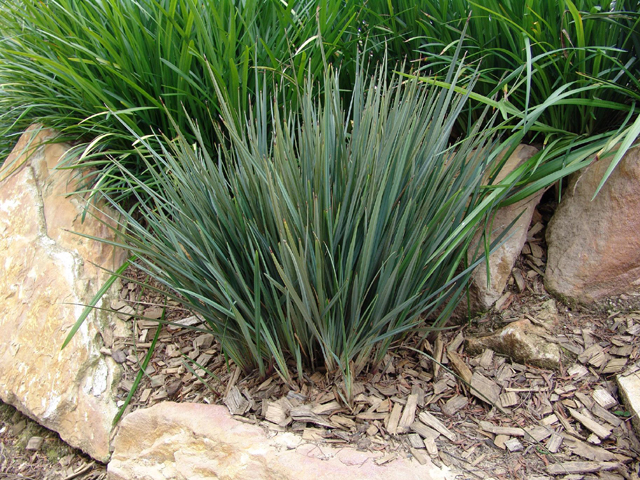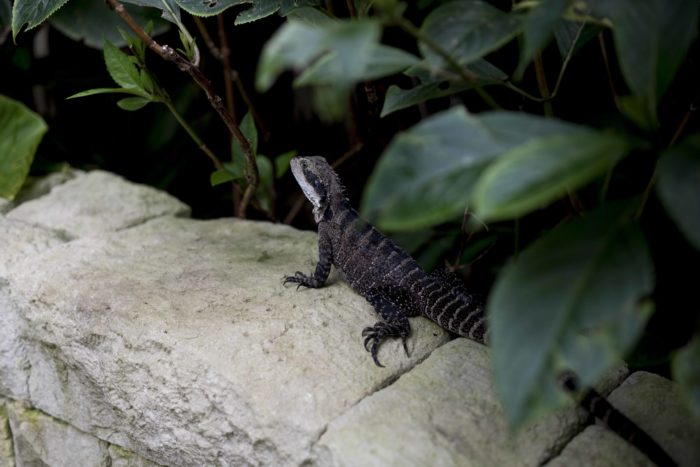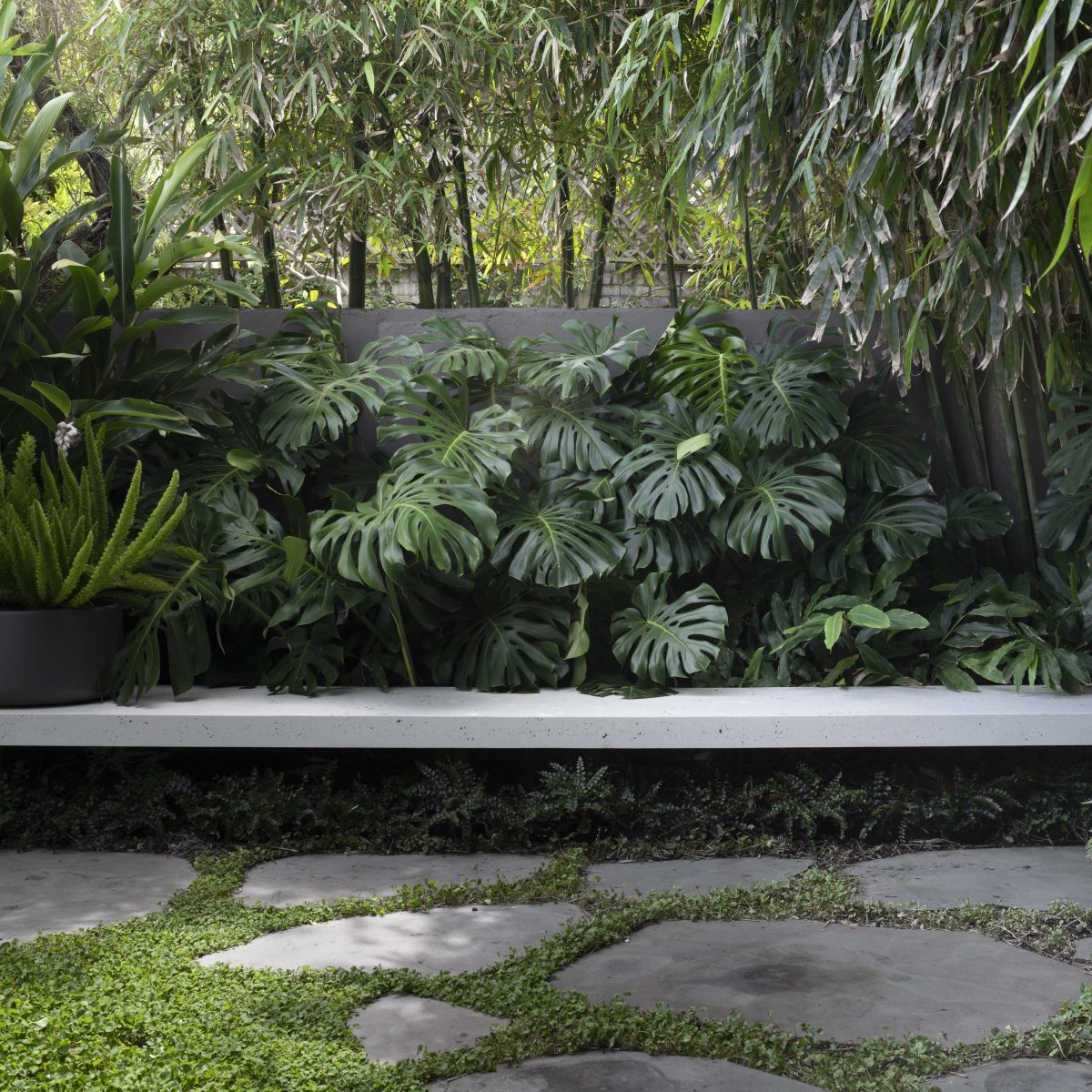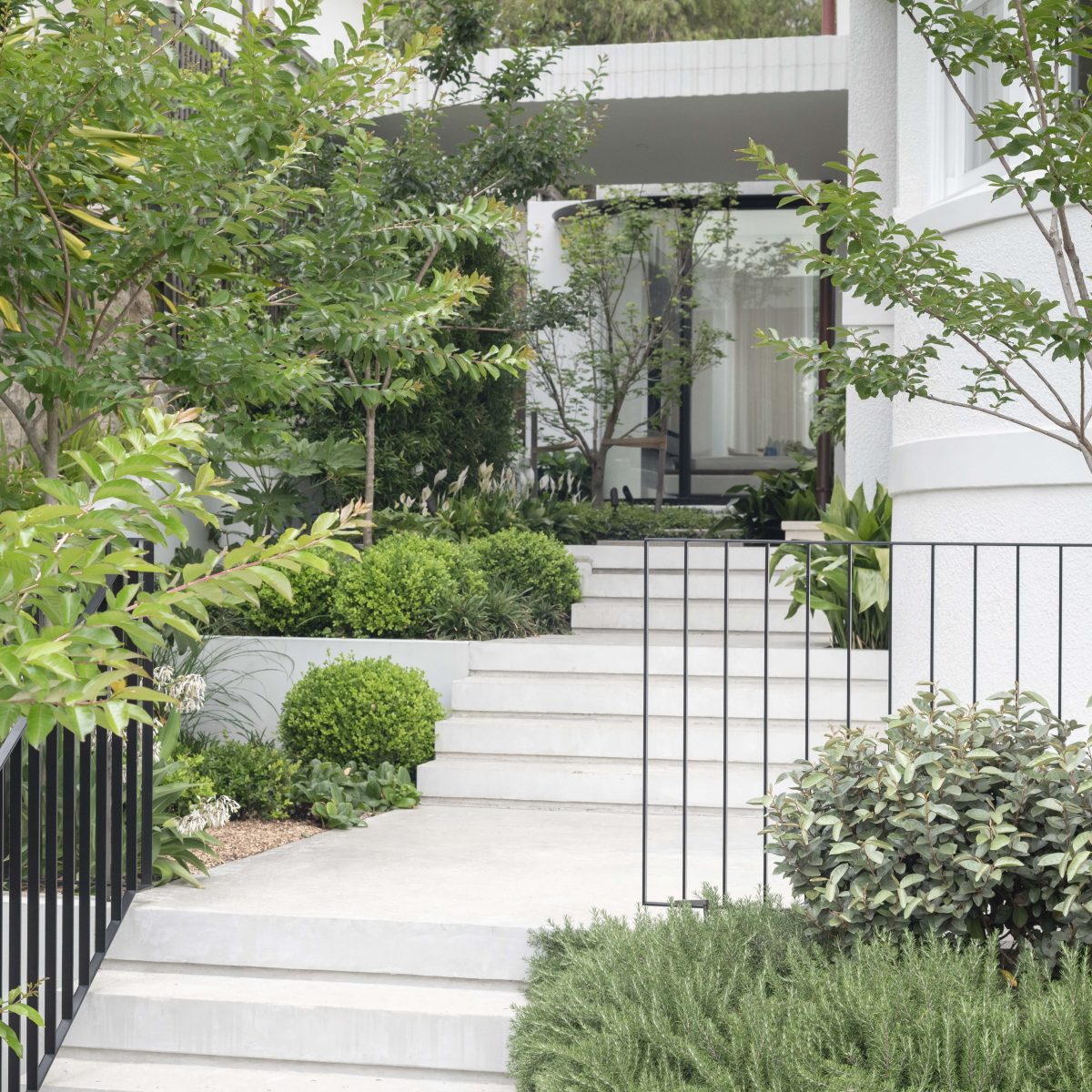Bringing in birds
Just like people, birds love flowers – especially red ones – and a guaranteed way of attracting birds to your backyard is to plant flowering natives, such as callistemon, grevillea, banksia. Flowering plants will also attract lacewings and other insects, which will in turn attract more birds, some attracted to the flower nectar and some to the feast of bugs.
Strappy plants, such as lomandra, dianella, blechnum and doodia, will provide a protective habitat for smaller birds, hiding them from hunting birds overhead. Some of these also have edible seeds, luring birds with the promise of a tasty snack.
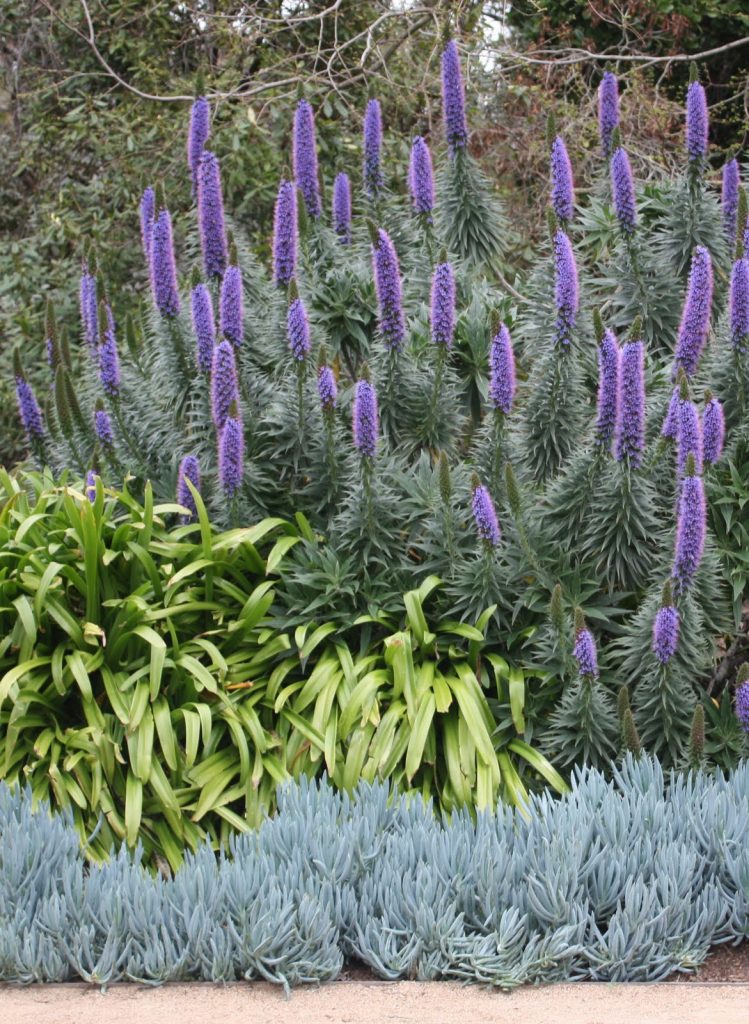
A bird bath is a simple and attractive garden addition that the birds will love, especially on hot days. It’s not necessary to create a larger water feature than that, if attracting birds is your goal, but if you do install something on a grander scale, you might invite other guests, such as water dragons. These gorgeous lizards have been seen around a few of our projects, even in the bottom of pools, where they can lie for up to an hour.
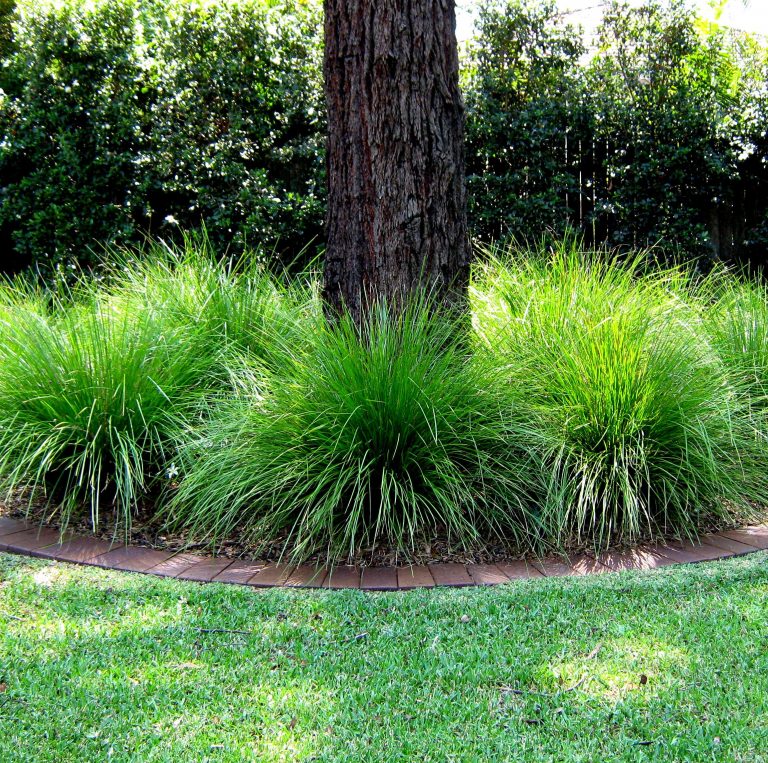
Encouraging bees
Bees are a gardener’s best natural tool, playing an essential pollinating role – without these little workers, many of a garden’s flowers, fruits and vegetables would never get started. Planting a wide variety of flowering plants – the more the better – is the best way to attract bees, with yellow and purple flowers their absolute favourites. Native shrubs are best, but some exotic plants, such as echiums, are absolute bee magnets. Ground covers such as hibbertia and carpobrotus provide nectar to birds, bees and other pollinators like butterflies. Choose a variety of plants that flower at different times throughout the year, so the bees always have something to feast on.
Lastly, avoid insecticides. If you do have a pest problem, choose a bee-safe solution – or at least don’t spray when the plant is in flower.
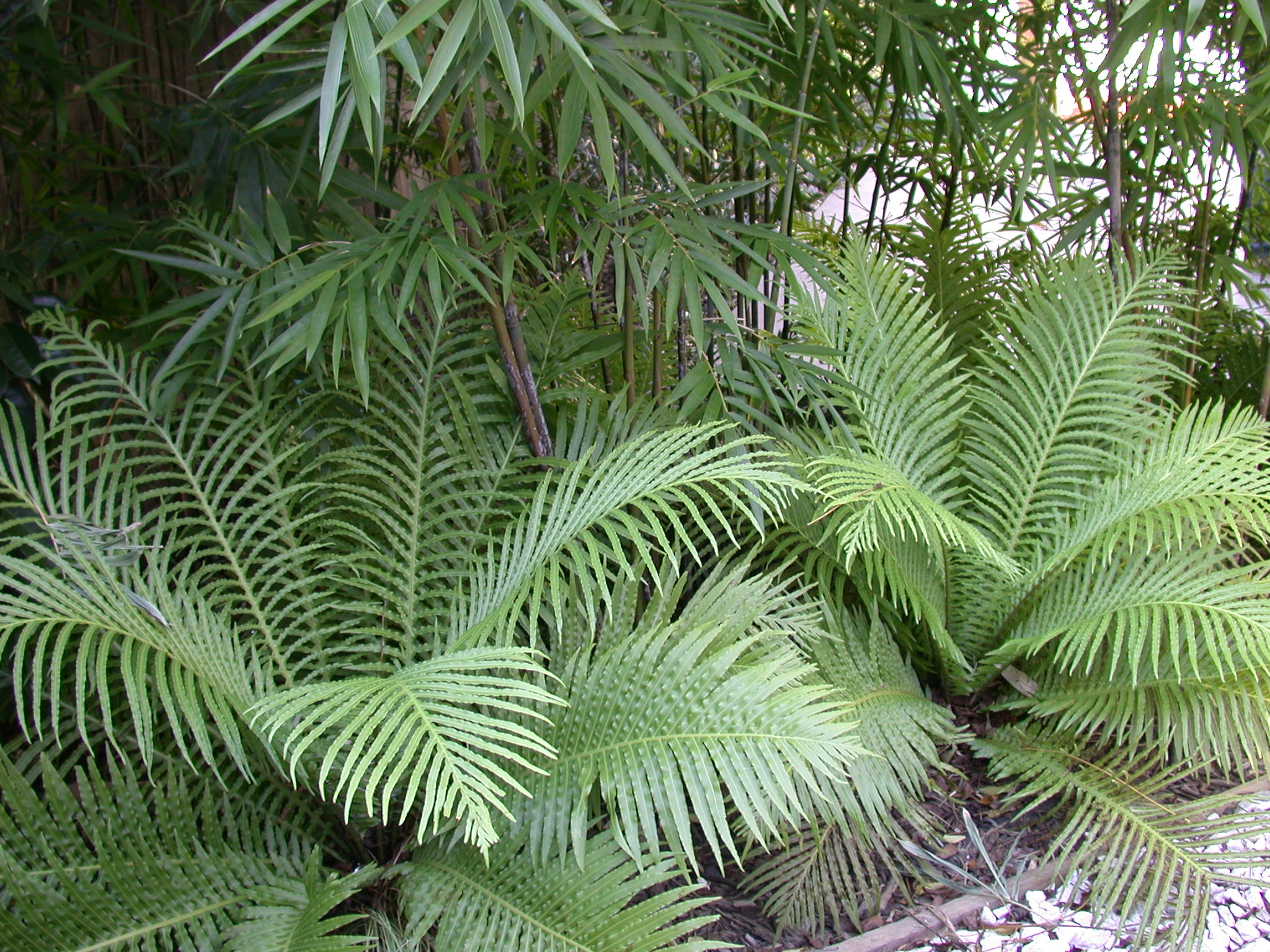
When messy is best
There are plenty of tricks to encourage birds and bees into the average suburban backyard, while still keeping the manicured look most of our clients prefer. But, if you have a real passion for native wildlife and want to take it to the next level, a messy garden is better, creating lots of habitats for a wider variety of species. Large trees and tree hollows could become homes for larger birds like the powerful owl, while piles of sticks and prickly bushes will provide safe havens for smaller birds and mammals.
